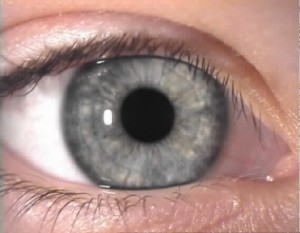 Keratoconus
Keratoconus
A genetic eye disorder, are you suffering?
The Eye & Sight Center is a regional leader in the advanced treatment of Keratoconus (ker-a-tow-ko-nus). It is a non-inflammatory thinning disorder of the front surface of the eye. Although genetically caused, it can be influenced by excessive eye rubbing. The progressive thinning of the keratoconic cornea results in excessive steepening and distortion of the cornea leading to severely reduced vision. Because of the irregular nature of the  surface, regular glasses and regular contact lenses cannot adequately correct keratoconus vision. As keratoconus progresses, it can lead to scarring and ultimately require a corneal transplant in the most severe cases. Fortunately, utilizing both existing and emerging treatments, we are able to successfully treat the vast majority of patients with keratoconus with customized corneal lenses which are both comfortable and restore functional vision.
surface, regular glasses and regular contact lenses cannot adequately correct keratoconus vision. As keratoconus progresses, it can lead to scarring and ultimately require a corneal transplant in the most severe cases. Fortunately, utilizing both existing and emerging treatments, we are able to successfully treat the vast majority of patients with keratoconus with customized corneal lenses which are both comfortable and restore functional vision.
Both Dr. Gubman and Dr. Silbert have been treating patients with Keratoconus for decades and frequently receive referrals from other eye doctors and eye surgeons to treat the most difficult cases.
